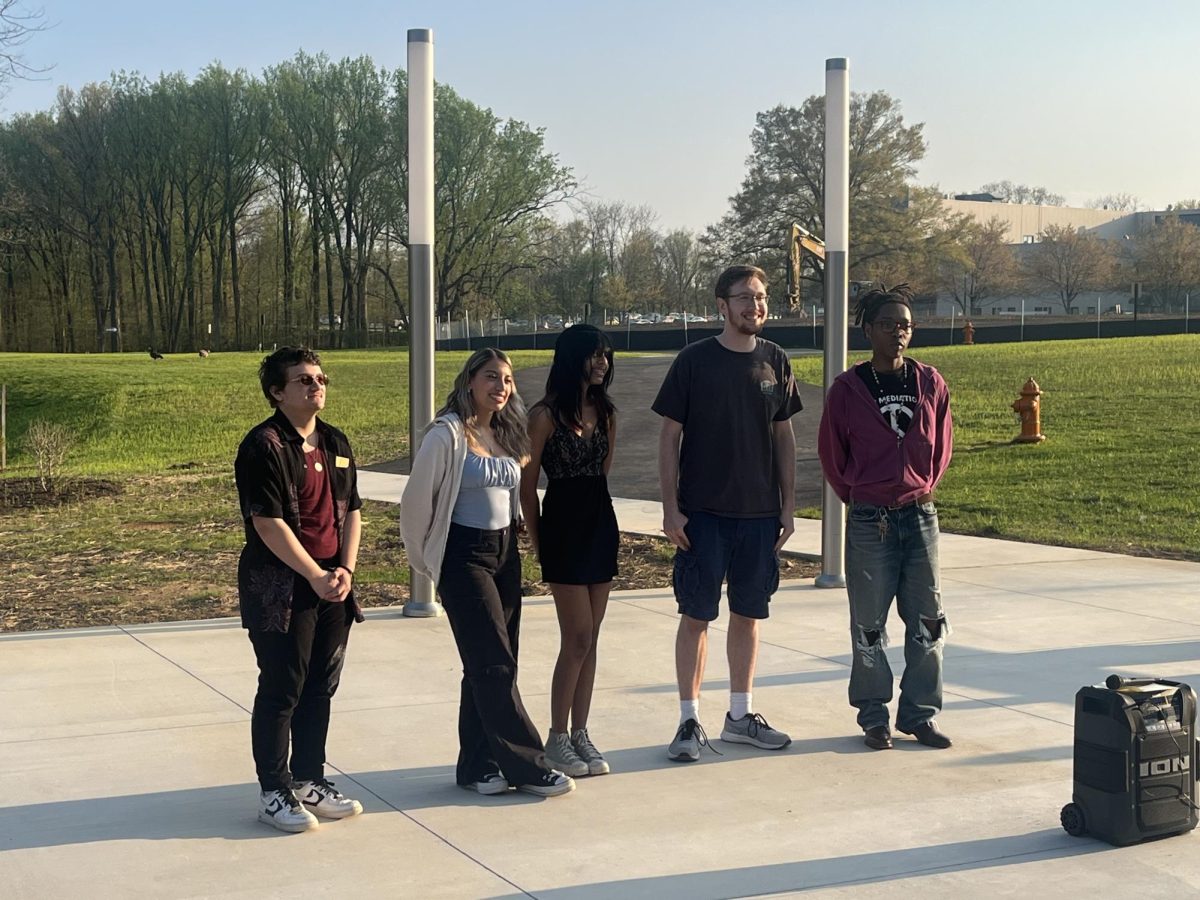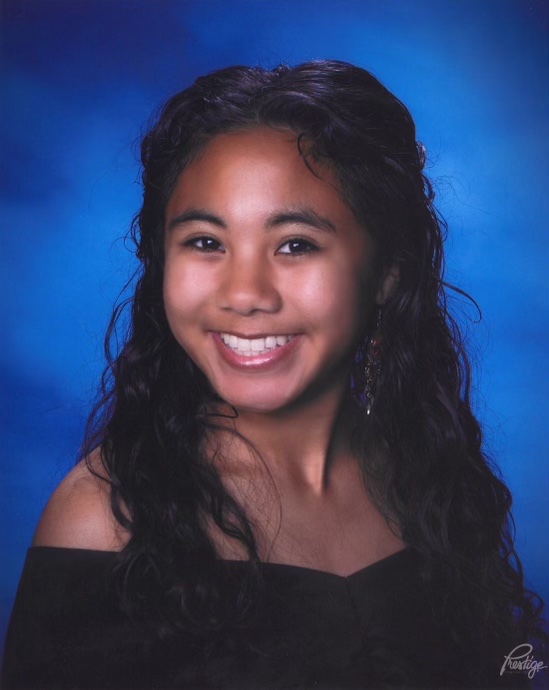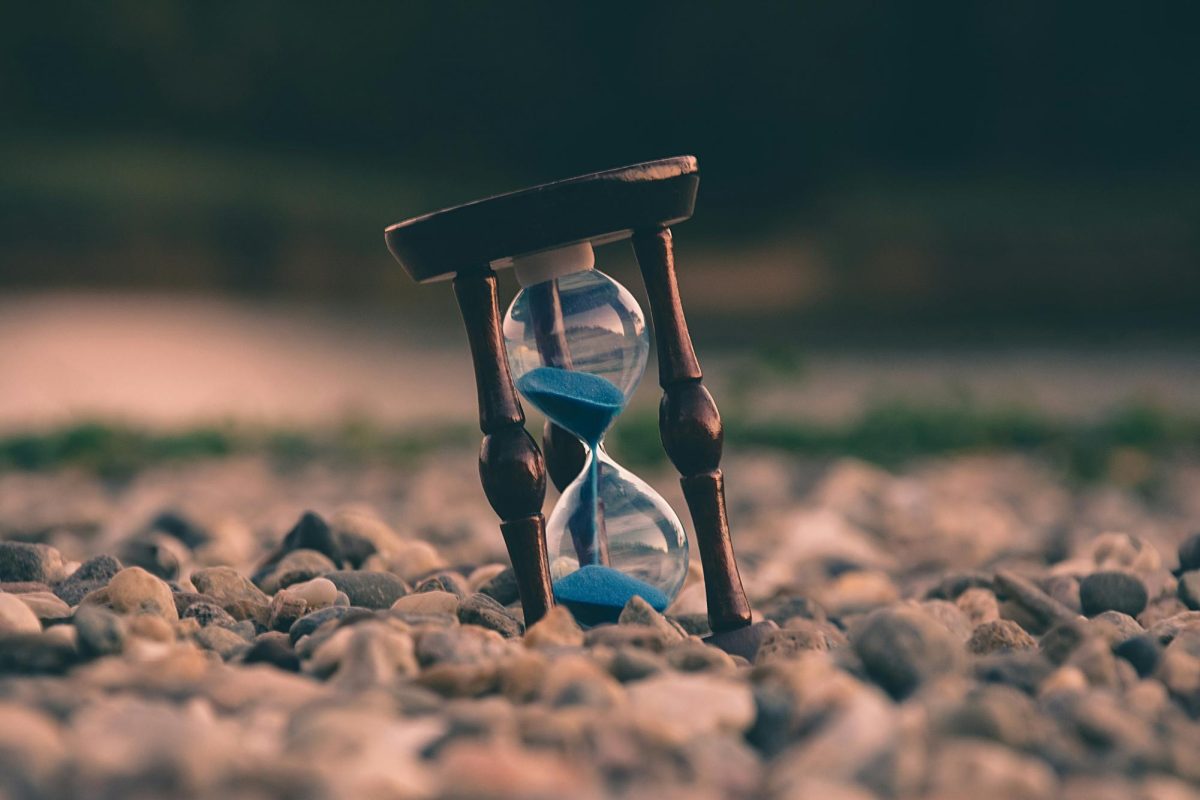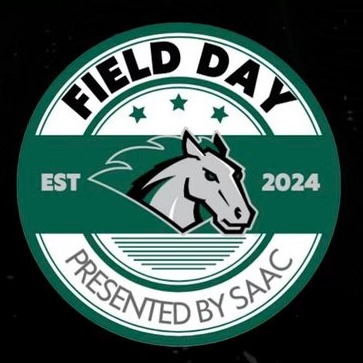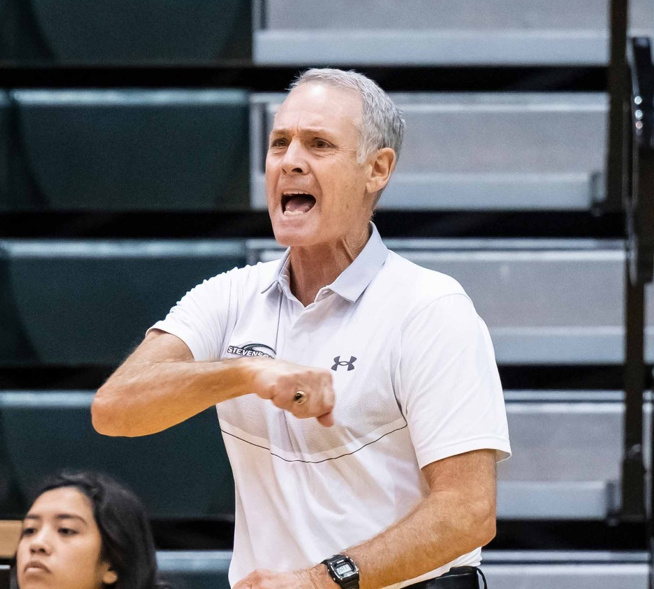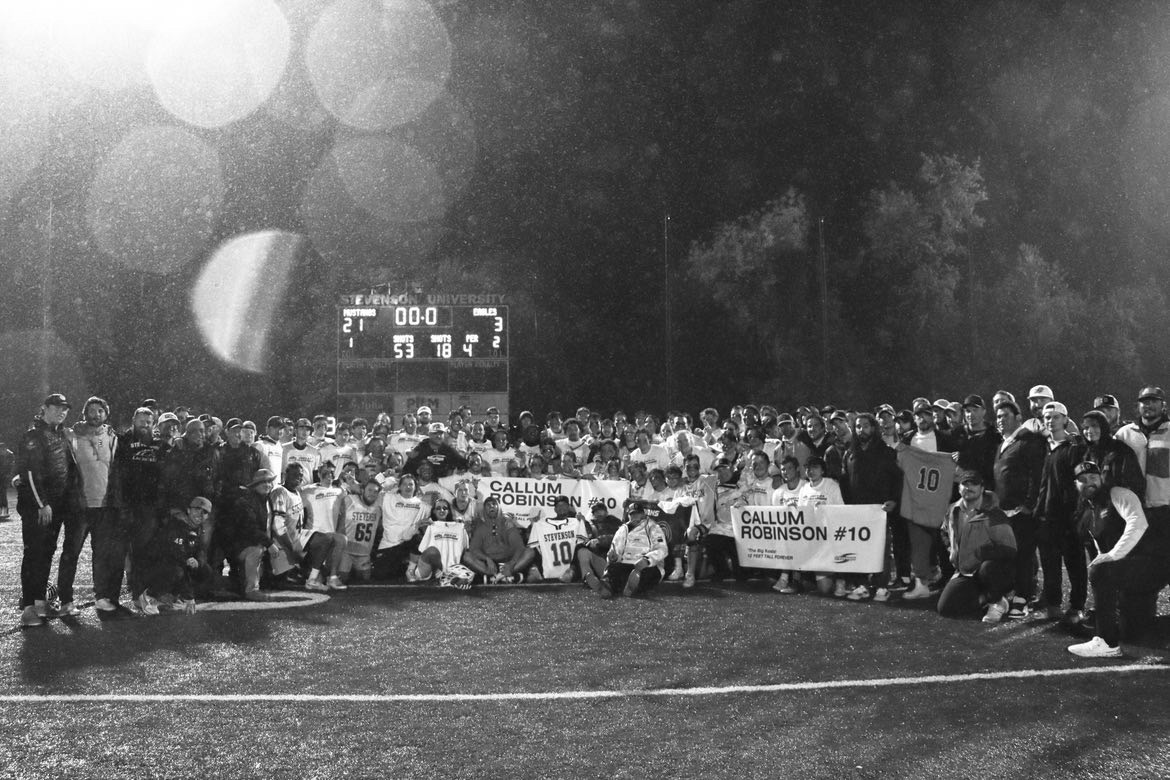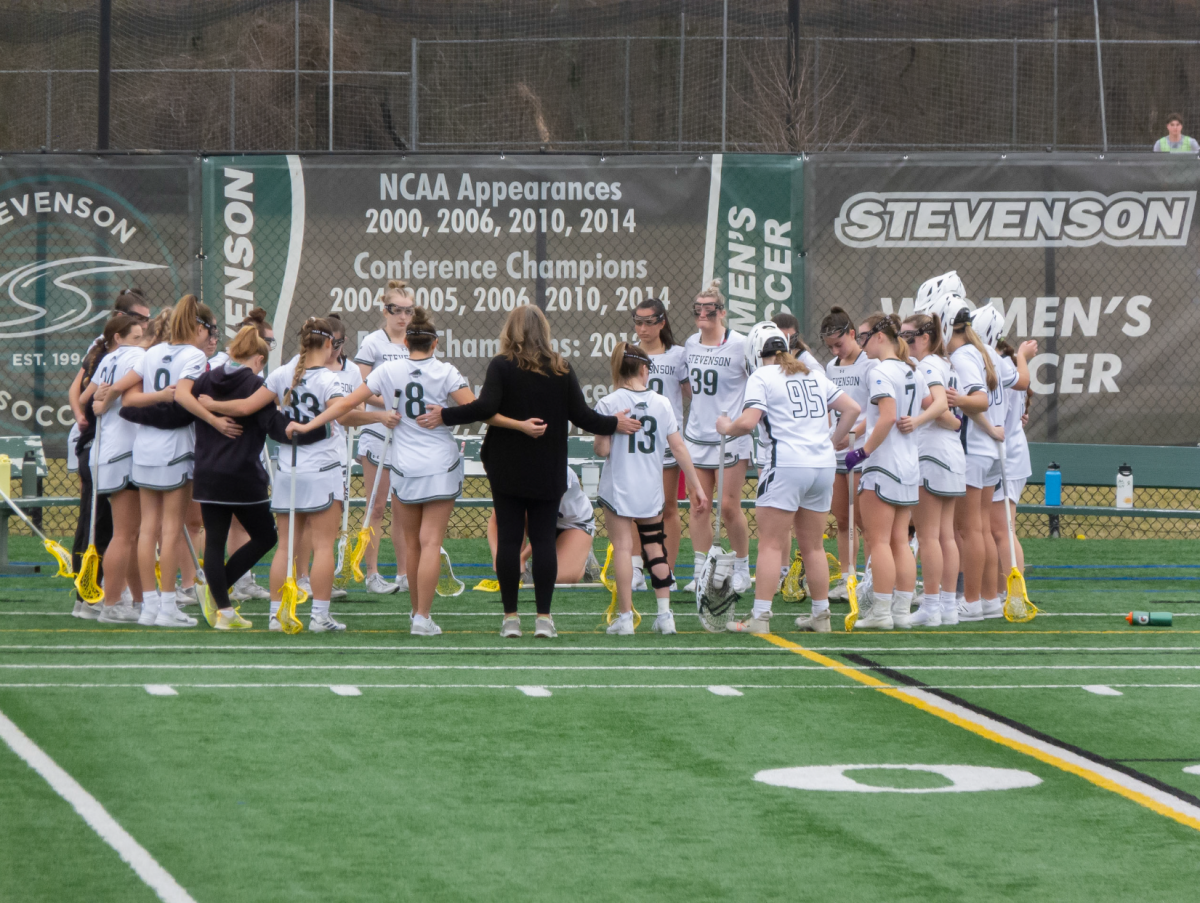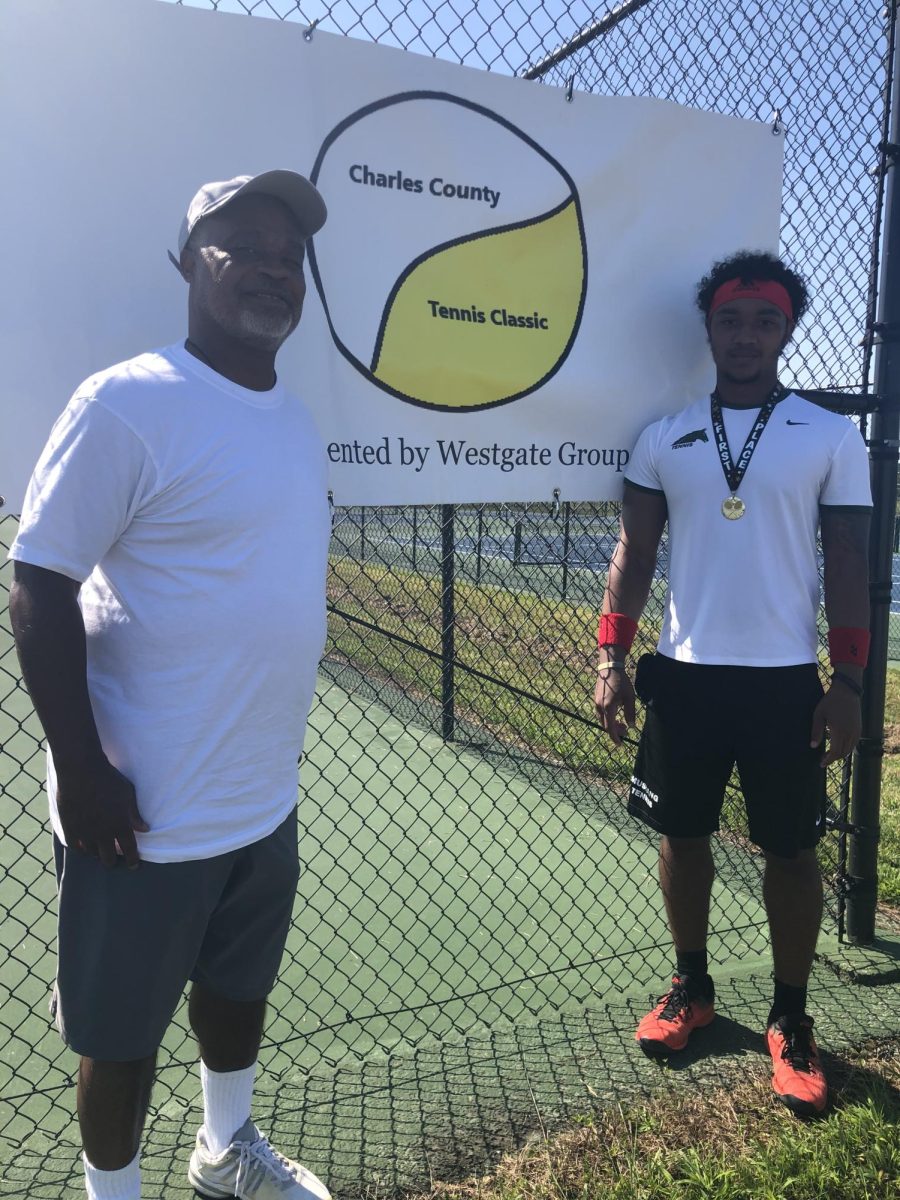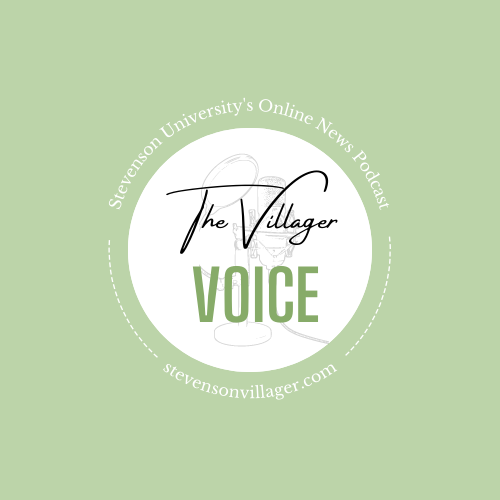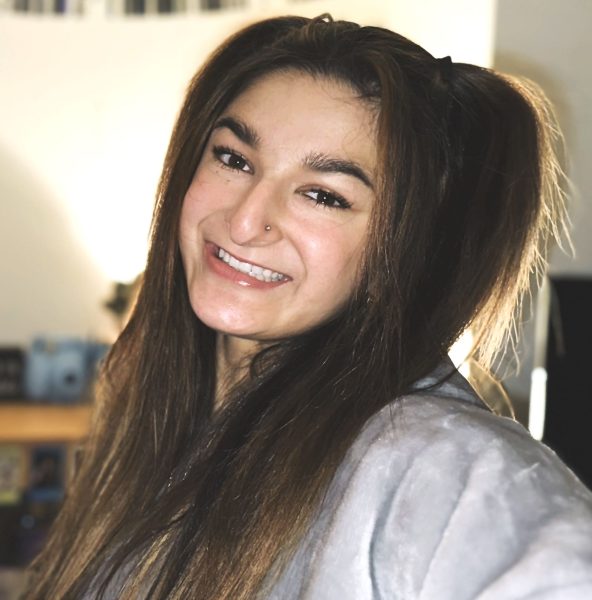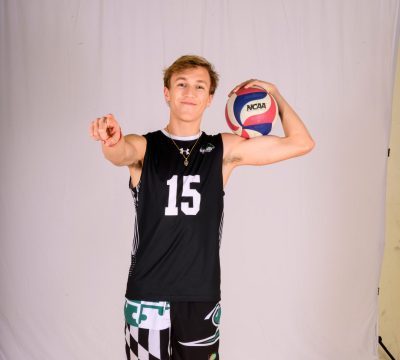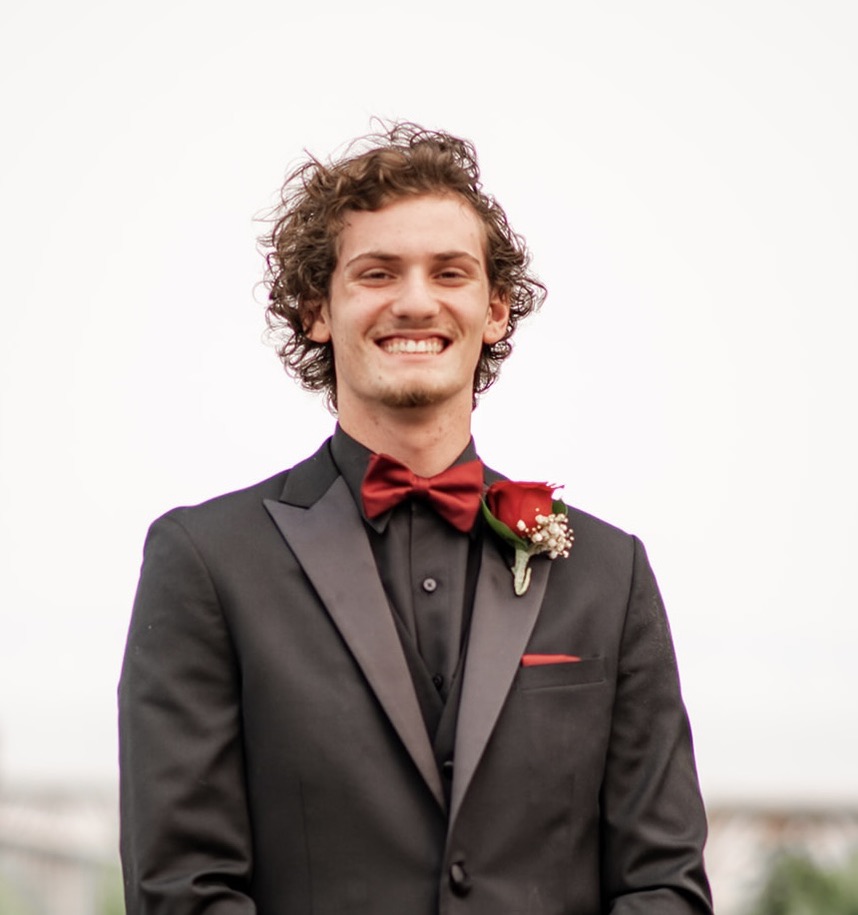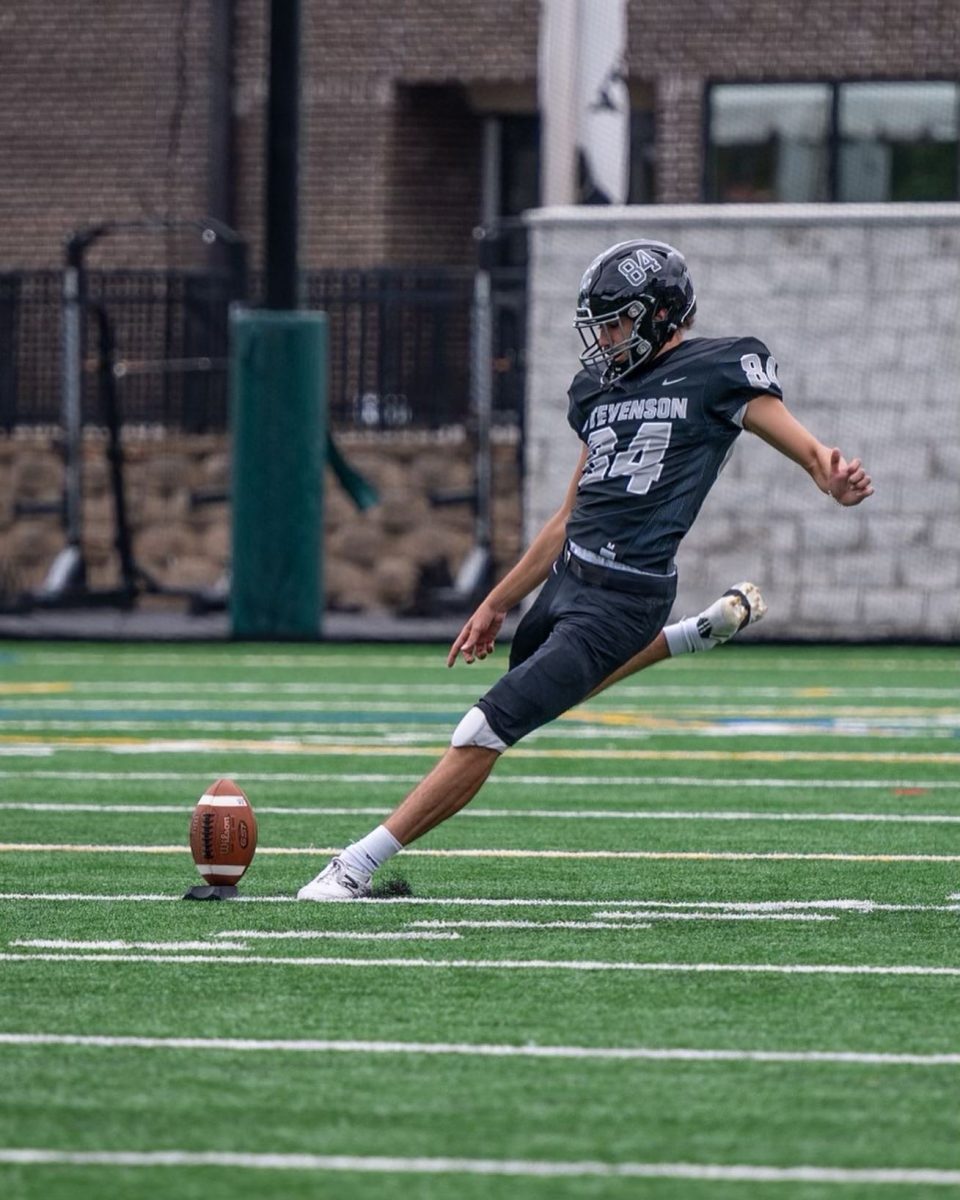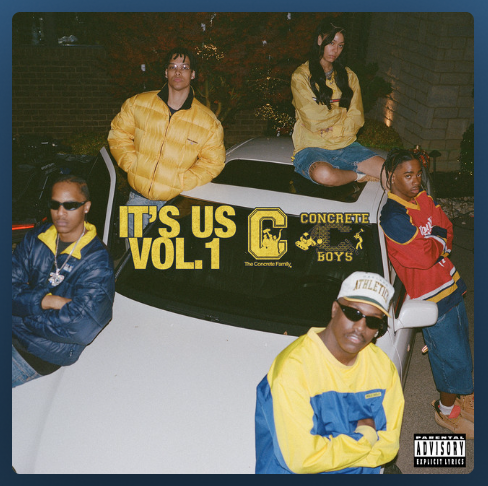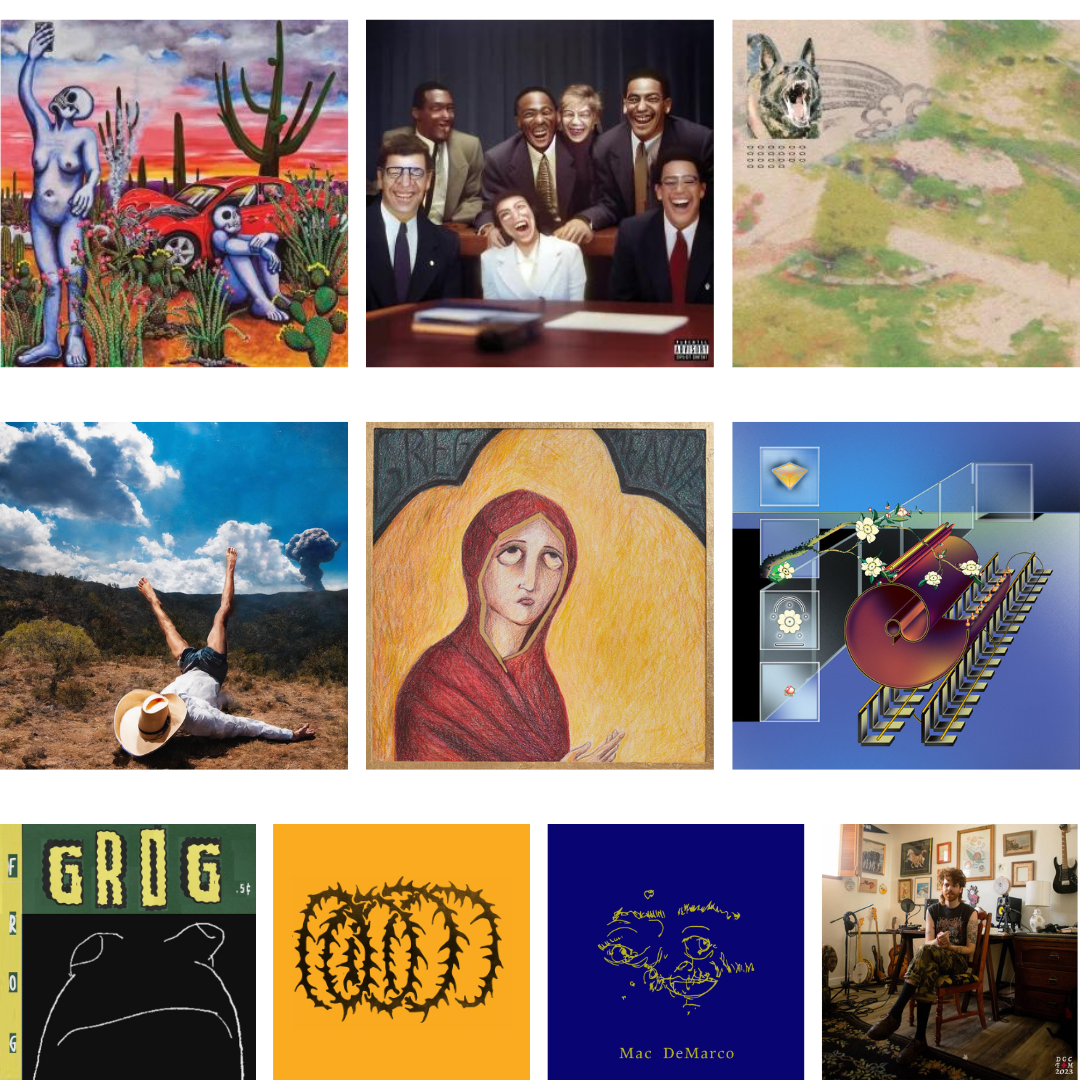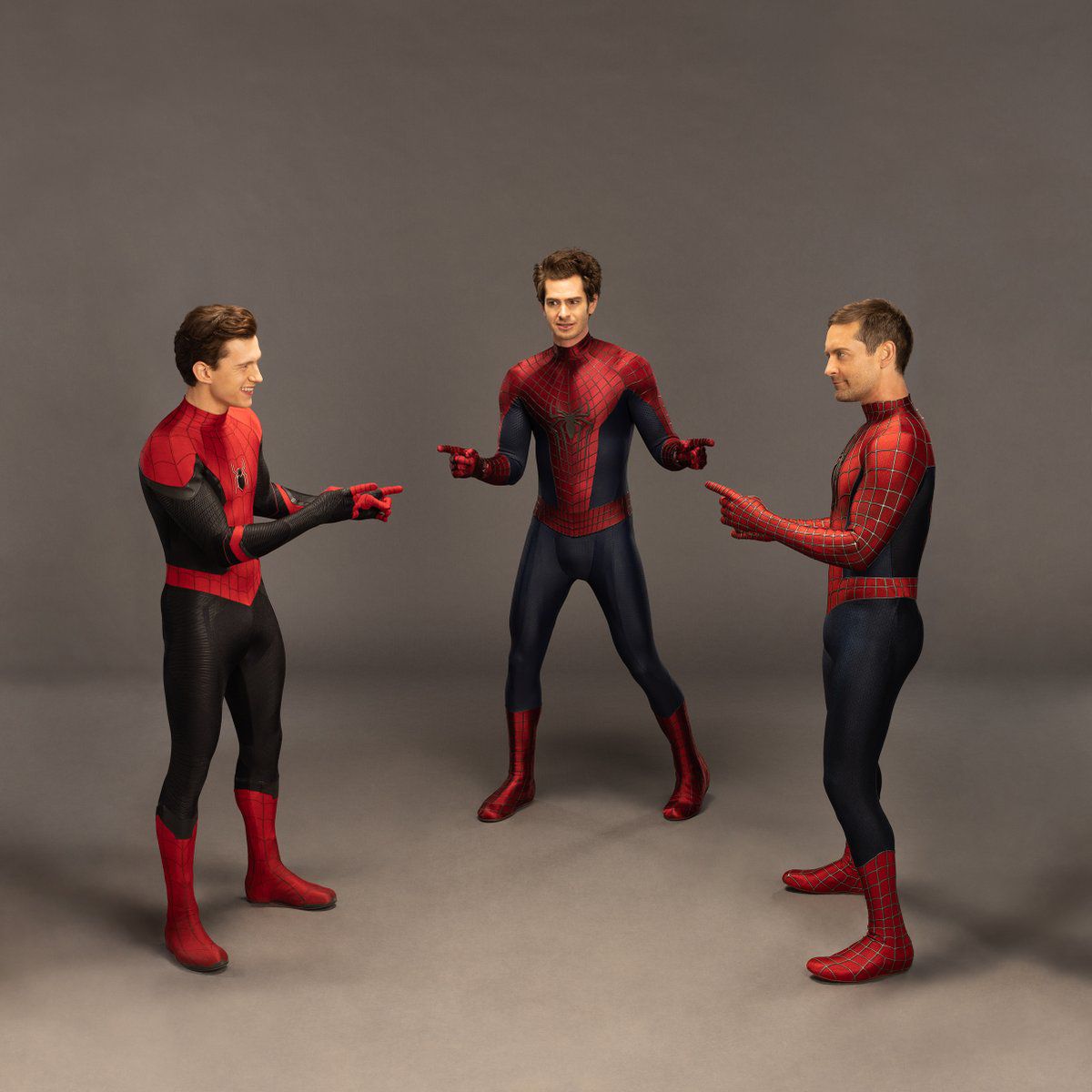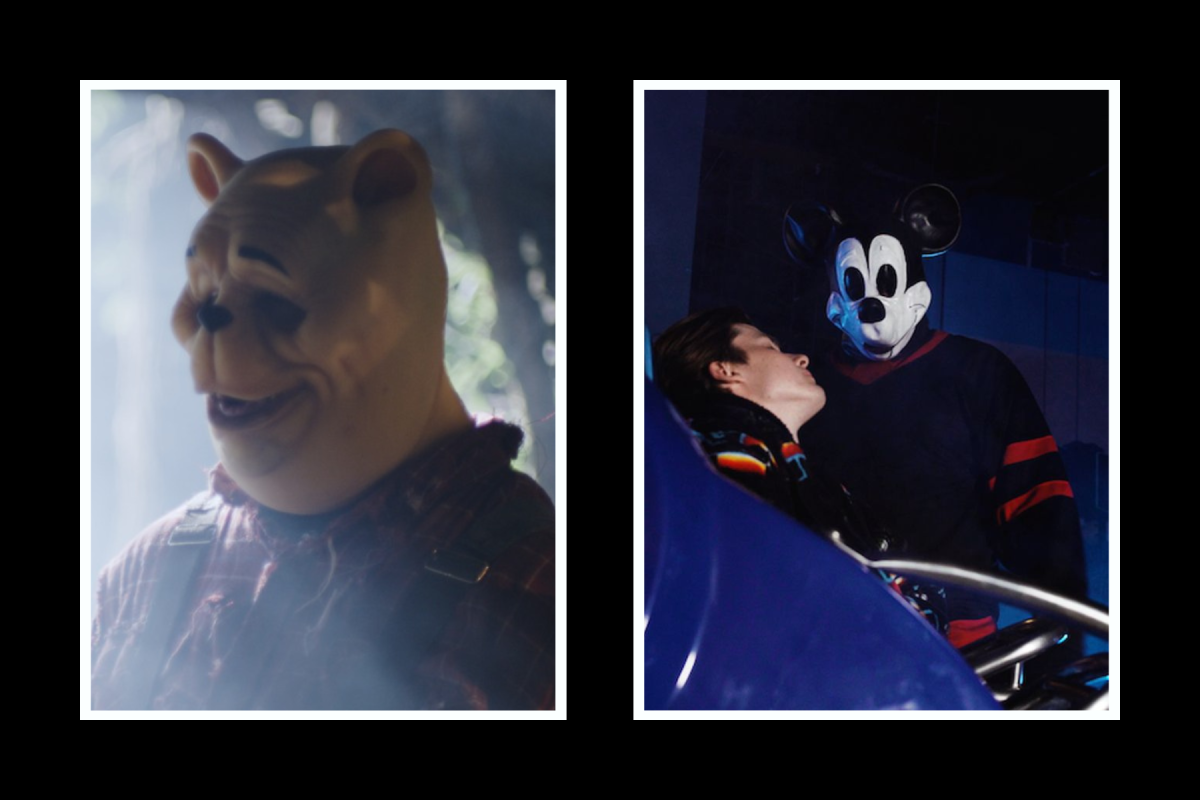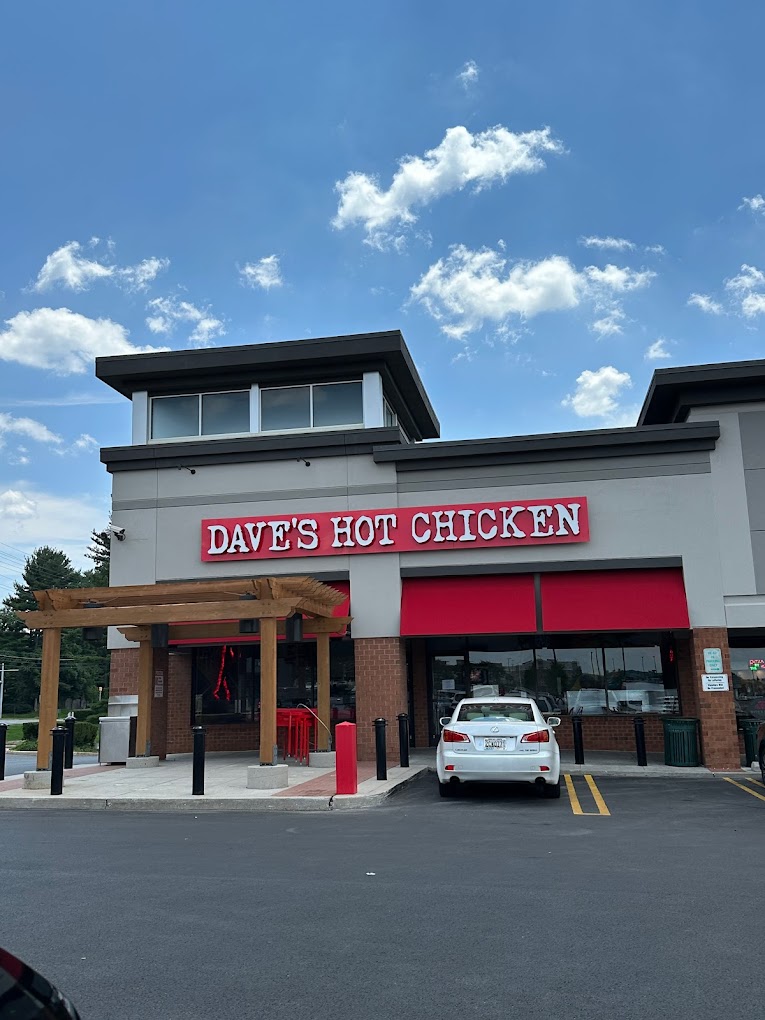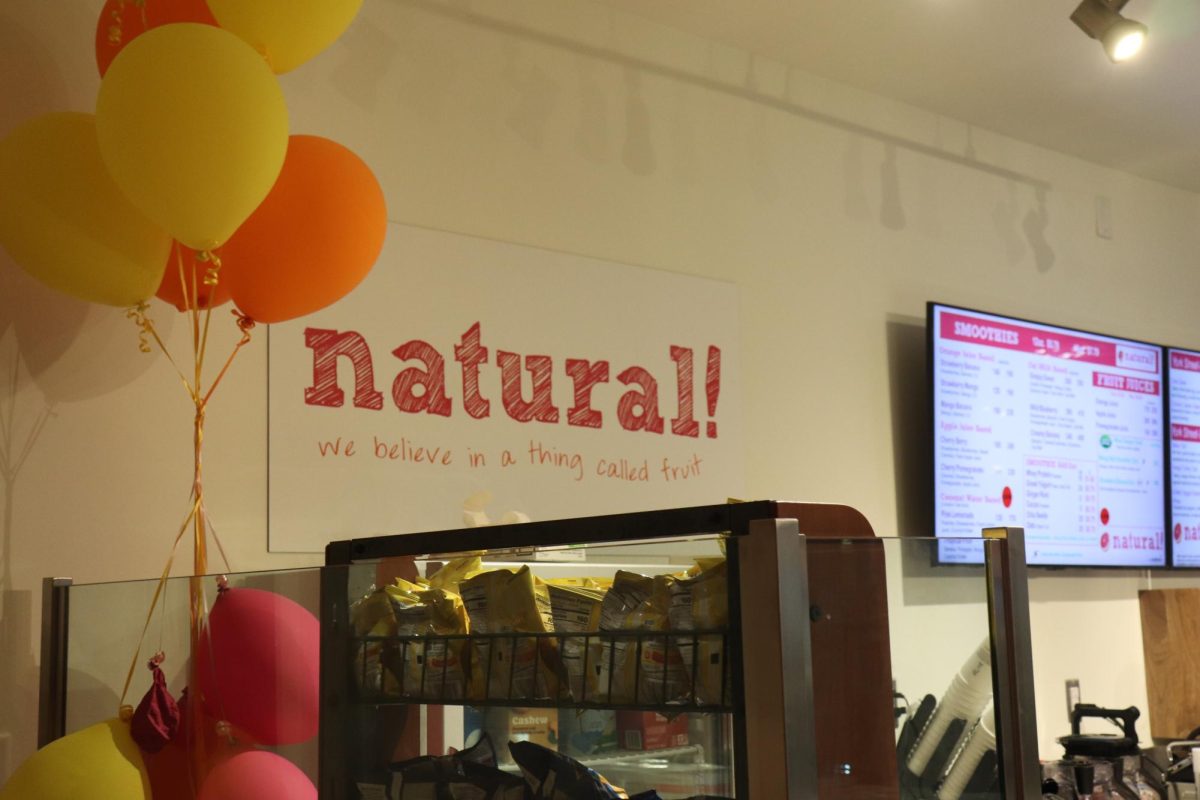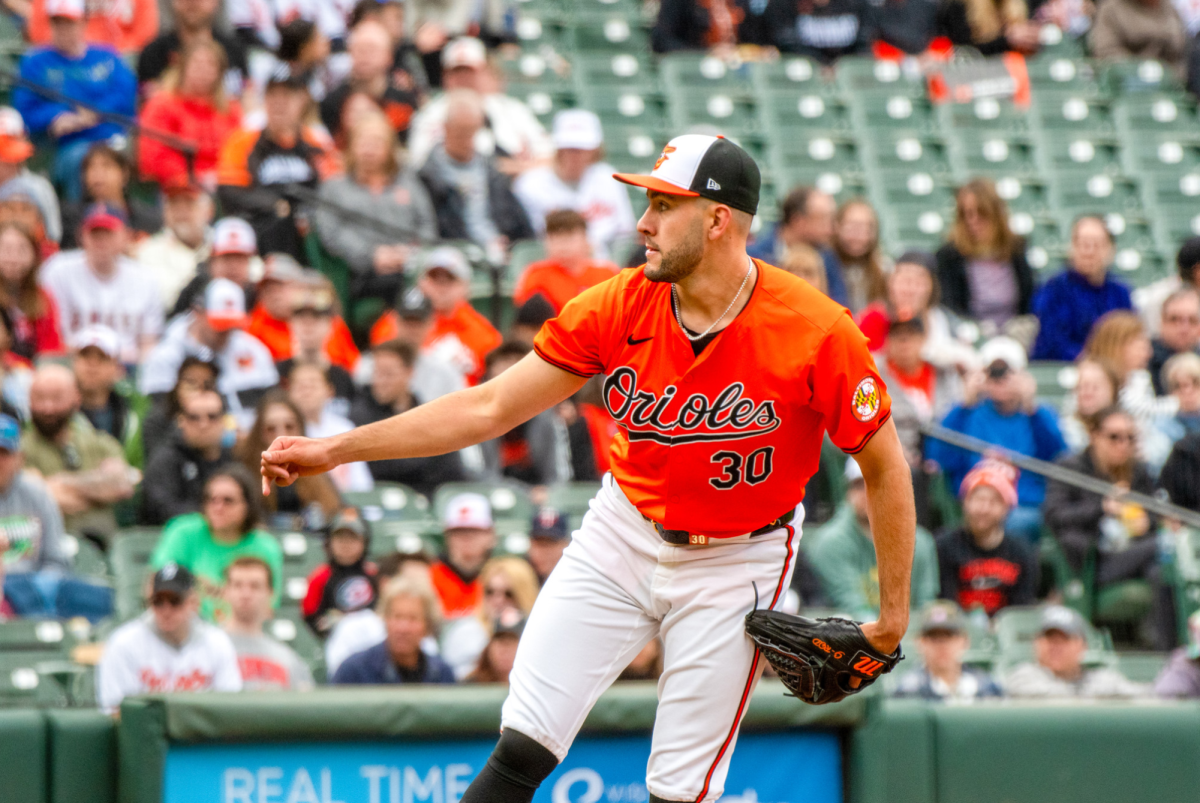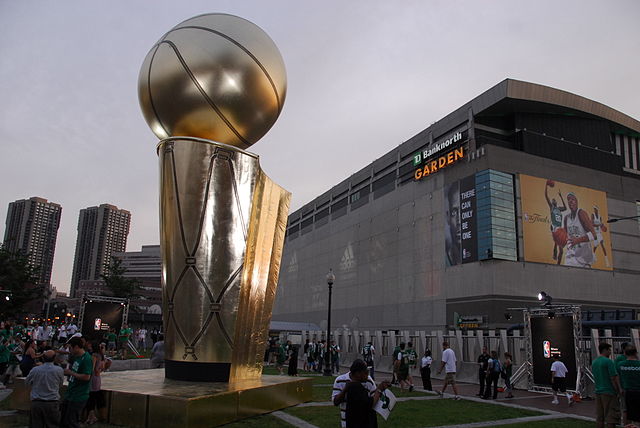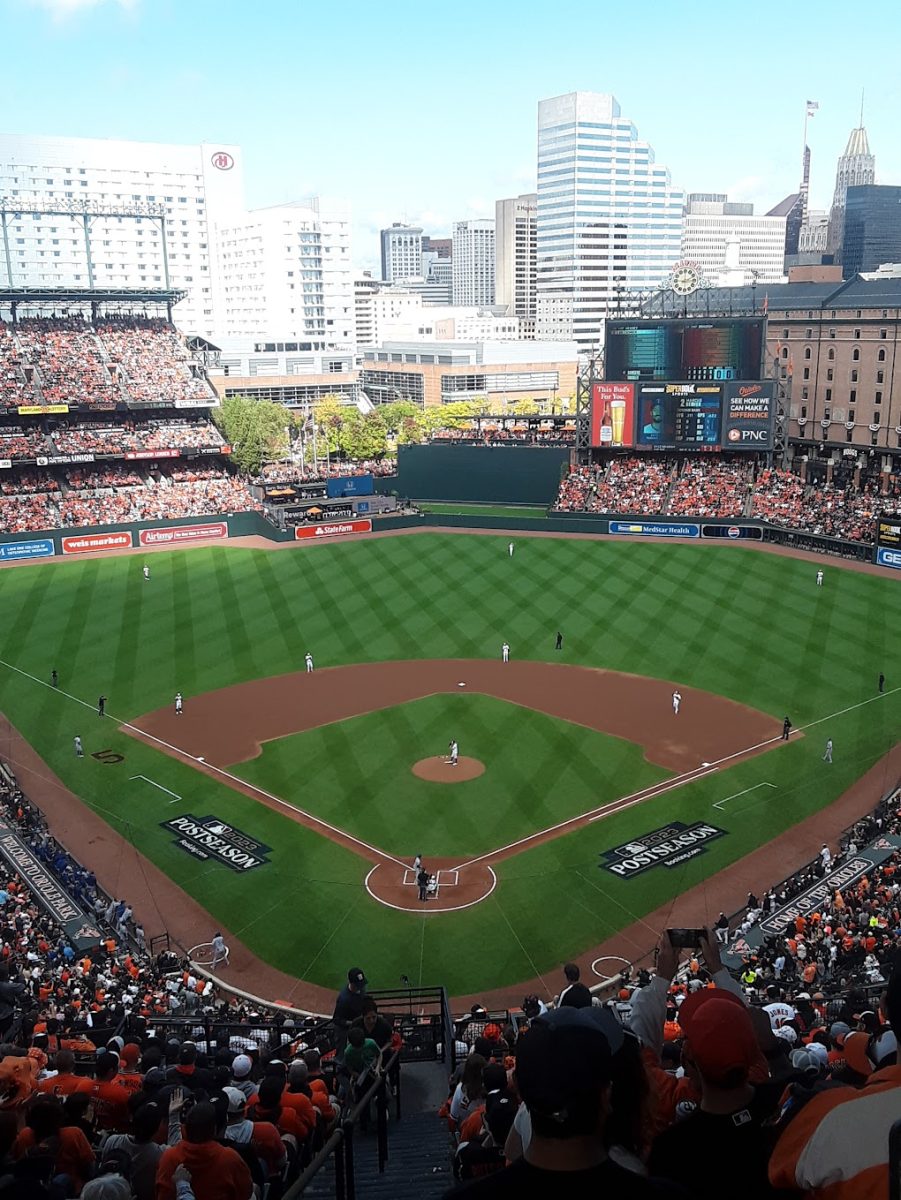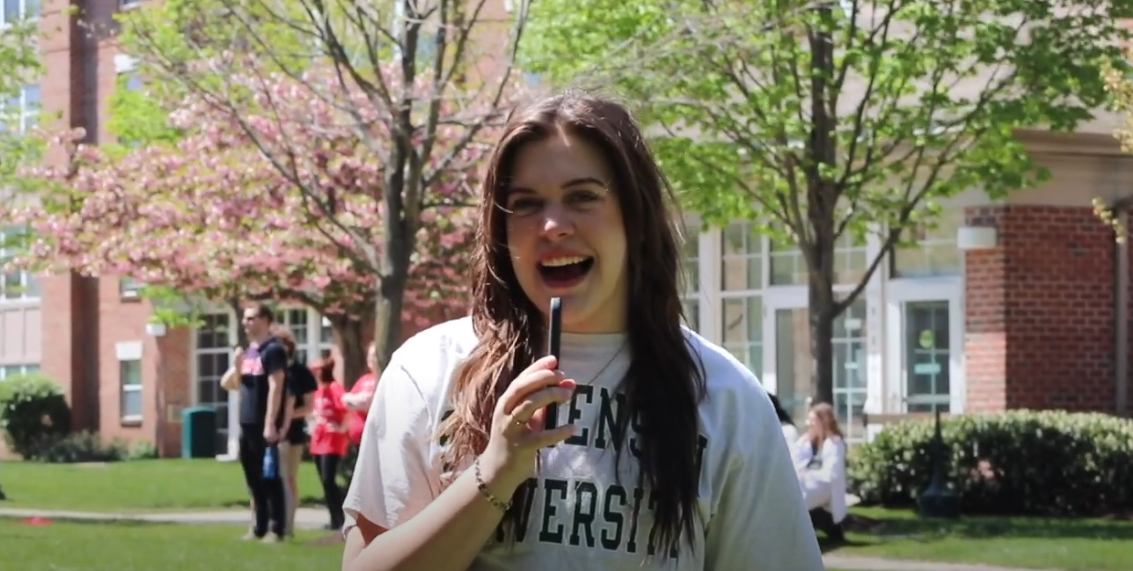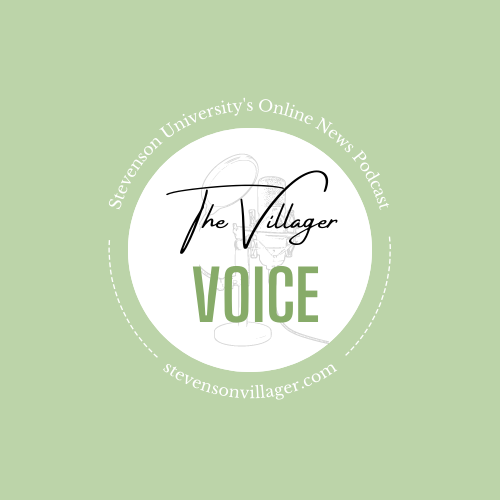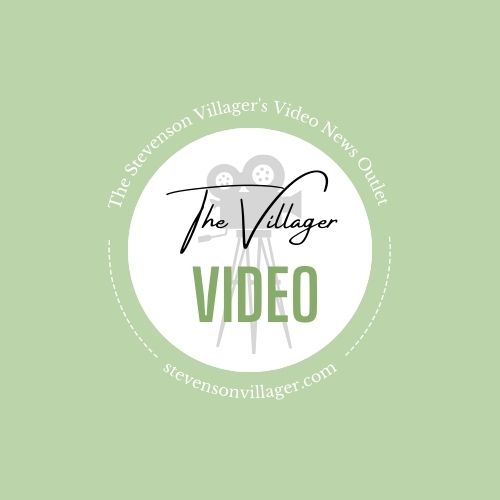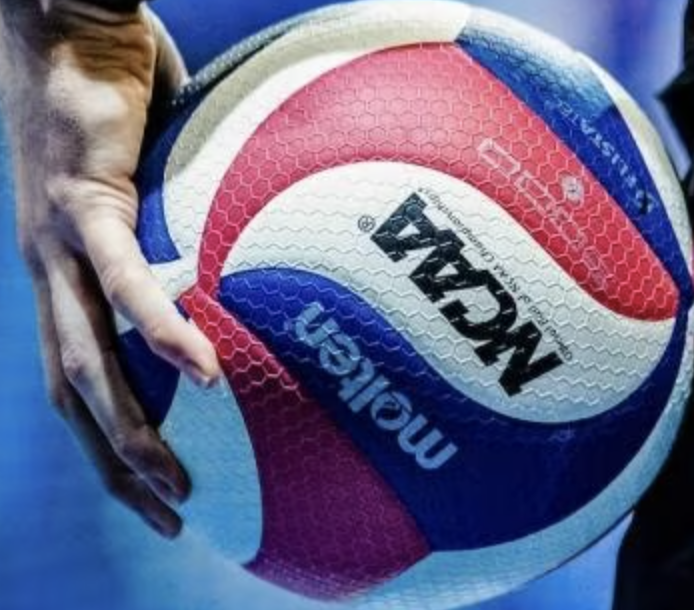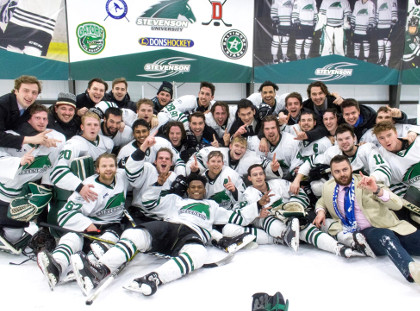It started off innocent enough. Sophomore year, I decided to take Journalism I with Anthony Moll, an adjunct professor at Stevenson University. Not only was he an incredible professor, but he possessed an unmistakable type of aura. I didn’t know it then, but whatever it was, it was something I aspired to be.
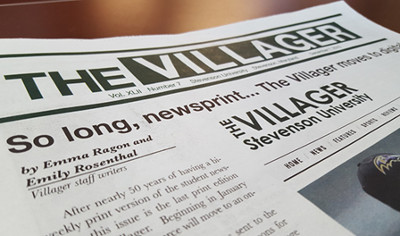
After a few weeks of simple work and exercises, Moll assigned us to write our first story for The Villager. At first, this task was extraordinarily intimidating. The class had to pick a from a set of stories and reach out to the contacts provided. Then, they had to get as much information as possible from them by asking certain types of questions. Finally, they had to write a comprehensive article based on the answers that they gave us. Looking back on it, I was not prepared for the complexities that this class would offer. However, I was more than excited for it.
For my first article, the pressure was very real. I decided to write about Stevenson’s Founders Day, which involved getting into contact with various members of the school’s administration. I ended up talking to Sarah Ballesteros, who was an administrative coordinator at Stevenson University. In fact, she left the school only a few days after I talked to her. I was likely the last student from The Villager to talk to her, which ended up taking our conversation into a different direction than originally intended. When I finished my Founders Day questions, I decided to pick her brain about her experiences at Stevenson University. We ended up talking for about twenty minutes after I stopped recording the audio, and it’s a conversation that I’ll always cherish having.
Whatever pressure I felt about interviewing people immediately vanished after this experience. Initially, it may seem intimidating to talk to people in a more formal setting. However, that all changes when a genuine connection is made between the people involved. Passion is also very important as well. A journalist that seeks the whole truth should hopefully end up with a person who wants the best for their project, organization, event, etc. These experiences showed me the importance of collaboration and reaffirmed my love of communication. At this point, I was still very new to Journalism, and had yet to develop any genuine confidence in my ability to write. That would all change as soon as I started working with Chip Rouse the following semester.
I knew that Chip was a truly remarkable individual from the very first class I had with her. The vibe was much different that semester, and Room S236 felt like an actual newsroom. Chip has been working as a faculty member at Stevenson University since 1984, when it was still known as Villa Julie College. Not only has Chip seen it all, but her passion has only grown with time. If you were a student of Chip’s, you respected her, and she respected you. That was always a given, and that respect for her students went above and beyond treating us like adults. No matter the circumstance, Chip was always willing to work with us, and see through to our success.
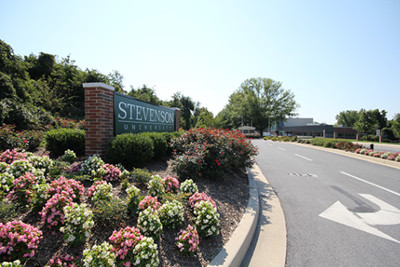
The following semester, I worked more passionately for The Villager than I had previously. I began working as both an editor and writer for the paper. If the previous semester felt like a newsroom, then this semester WAS a newsroom. Suddenly, I recognized what that aura that I saw in my first Journalism professor, Anthony Moll, really was. It was the aura of a writer, and it was something I saw in every member of The Villager staff. Although Advanced Journalism Practicum was certainly a class, it felt more like a family than anything else. We had worked hours on end for The Villager for over a year, and it was passion project for all of us.
For one of my final pieces, I had to speak to Chip Rouse about an event that she puts on every year with Ron Shapiro. I ended up meeting her after some sort of sporting event in Caves, and she told me all about the who, what, when, where, why and how of the Shapiro-Rouse Lecture. Afterwards, we had a nice conversation about my plans for after graduation. It may have been a simple gesture, but when she told me that my abilities as a journalist/writer were remarkable, I believed her. Finally, after all that time, I could recognize myself as someone who has something important to say.
It’s true that, throughout my time at The Villager, I learned a lot about myself. However, I also learned to celebrate myself for the goals that I’ve already achieved. I have always had a unique worldview, and my voice deserves to be heard just as much as anyone else. Even in my short time as a writer, I’ve had some interesting experiences. One of my articles on safe spaces for LGBTQ+ students at Stevenson University was even reposted to a “anti-safe-space” page on Facebook.
If my writing can cause bigots to hate on me for writing about equality that I’m passionate about, then I’m doing something right. Not only can I finally sense that “writer’s aura” within myself, but the passionate flame that drives my writing continues to burn stronger than ever. None of this would’ve been possible without the wonderful members of The Villager staff, and I cannot thank them all enough for this life-changing experience.



